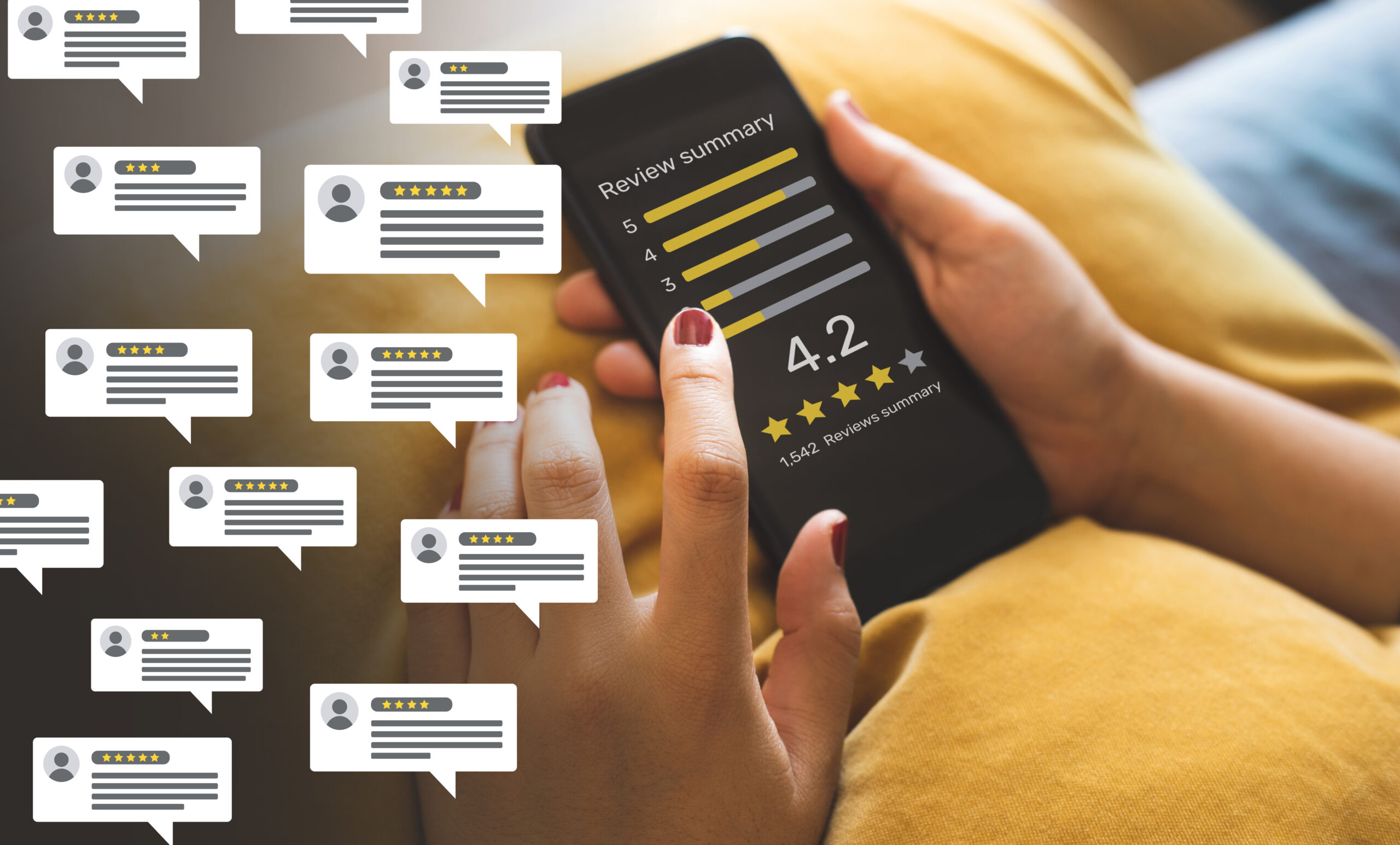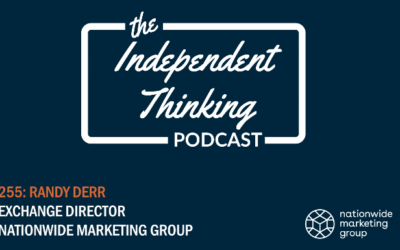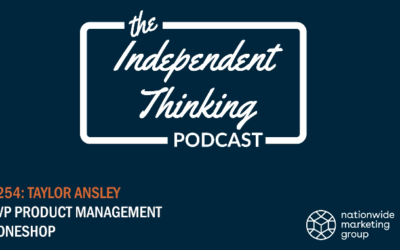Just like a person, a brand will inevitably build a reputation — good or bad. And the better it is managed, the more likely it is to be good.
But what does managing your brand’s reputation mean in tangible terms?
In today’s digital age, reputation goes beyond word of mouth and referrals to include the World Wide Web and social media, where people can easily broadcast their opinions about products and companies. According to BrightLocal’s 2024 Local Consumer Review Survey, 73 percent of consumers leave reviews for local businesses both positive and negative.
And how your business presents itself across the Internet and on social media matters, too, in addition to reviews. Basically, managing your brand’s reputation must include an online strategy to survive and thrive in today’s retail landscape.
WHAT IS ONLINE REPUTATION MANAGEMENT AND WHY IS IT IMPORTANT?
Online reputation management is the process of controlling the online narrative of your brand. People buy from brands they trust and look to other consumers’ experiences to tell them who to trust. In fact, 75 percent of BrightLocal survey respondents said they regularly or always read online reviews when browsing local businesses. And that doesn’t account for those who sometimes do.
Overall, 93 percent of shoppers admit that online reviews have influenced their decision to make a purchase. But that doesn’t mean they decide to purchase.
A study conducted by InMoment shows that companies with lower than a 4-star review average are less trustworthy. Negative reviews and comments on social media also convince up to 94 percent of shoppers to completely avoid a business.
A MarketWatch study showed that 45 percent of consumers check out products on social media before making a purchase decision. And these potential customers aren’t only researching products; they’re also researching brands. Synup.com reports that 51 percent of consumers who have a positive encounter with a brand on social media decide to visit that business.
Clearly, a brand’s reputation is vital to its resilience in an increasingly digital world. A recent GRIN survey found that, in general, over 97 percent of consumers conduct some type of research before purchasing, with 76 percent of buying decisions being influenced by online sources. Now that we’ve armed you with data to establish why managing your company’s online reputation is important, let’s talk about practical ways you can manage it.
TOP ONLINE REPUTATION MANAGEMENT TOOLS
- GOOGLE BUSINESS PROFILE — Claim your business on Google so you can control details like responding to reviews, posting business hours and photos, and more.
- GOOGLE ALERTS — Set keyword-specific search queries to alert you when new online news articles or blogs mention your business.
- SEO SOFTWARE — Online services include SEMrush and AHREFS and allow you to track specific keyword performance and optimize how your website appears in search engine results.
- SOCIAL MEDIA ACCOUNTS — Create and manage a profile on the social media platforms your customers are most likely to use. Not sure where to start? Facebook and Instagram are more universally used by consumers across various age groups.
- SOCIAL MEDIA MONITORING TOOLS — Hootsuite and Meltwater are just two of many platforms available at various price-points. These services allow you to schedule posts, respond to comments and track performance.
- REDDIT — While not a social media platform, Reddit is growing in popularity as a place where conversations are happening about brands and topics. Scan here to read more about using Reddit to your advantage.
- GOOGLE AND FACEBOOK ADS — Target your local audience to attract potential customers and grow customer loyalty. Ads can be tailored not only to your audience but also to your specific goals and calls to action.
FOUR TYPES OF MEDIA THAT CONTRIBUTE TO YOUR ONLINE REPUTATION
In addition to the tools mentioned above, there are four types of media that you can use to your advantage when it comes to managing your business’s online reputation.
- OWNED MEDIA — Owned media is content you create and directly manage. This includes your website, videos and images you share, blogs you write, webinars and podcasts you host, etc.
- EARNED MEDIA — Earned media is content about your brand that you can influence, but not completely control. This includes press coverage, backlinks and mentions from other websites and social media, online reviews, awards, etc.
- SHARED MEDIA — Shared media is content about you that you can re-share. Typically, this occurs on social media with free influencer or local celebrity engagement, or user generated content shared by customers.
- PAID MEDIA — Paid media is not free but can be worth the ROI. This includes press releases with paid distribution, Google and Facebook ads, print ads, billboards, radio, influencer marketing partnerships, etc.
KEY TAKEAWAYS FOR ONLINE REPUTATION MANAGEMENT
- Online reputation management is the process of controlling the online narrative of your company and brand.
- There are many ways you can manage your online reputation to grow your business and increase sales.
- There are four types of media used to control your online reputation: owned, earned, shared and paid.
- A strong reputation builds trust and leads to sales.
Need more help with your online reputation management? Contact our OneShop team today.




